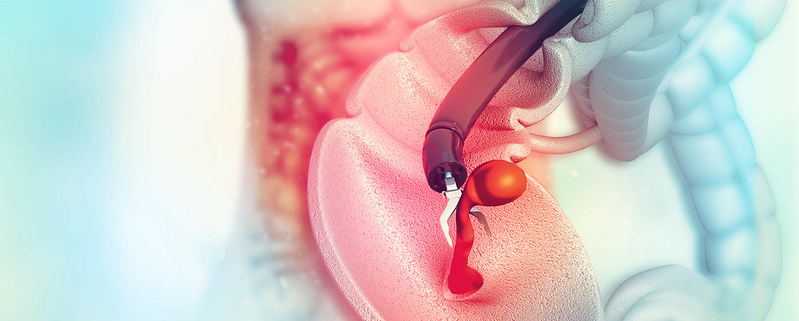A friendly bet resulted in a potentially life-saving procedure for actors Ryan Reynolds and Rob McElhenney. Reynolds bet McElhenney that if he learned to speak Welsh, Reynolds would let a camera crew document him as he underwent a colonoscopy. In partnership with Lead from Behind, Reynolds documented and shared his experience on YouTube.
Both Reynolds and McElhenney turned 45-years-old this year. In May 2021, the US Preventive Services Task Force (USPSTF) revised the colorectal cancer (CRC) screening age for average-risk adults to 45 years instead of 50. Reynolds noted in his video description, “I made a bet. I lost. But it still paid off.” Reynolds’ colonoscopy, conducted by Jonathan LaPook, MD, a gastroenterologist with NYU Langone’s Colon Cancer Screening and Prevention Program, resulted in the detection and removal of an “extremely subtle polyp” on the right side of his colon. McElhenney also decided to undergo a colonoscopy, which resulted in the identification of three polyps. Dr. LaPook emphasized, “This [colonoscopy] saves lives. Pure and simple.”
Importance of Colorectal Cancer Screening
Colorectal cancer (CRC) is the third most diagnosed cancer and over 5 million people worldwide currently live with CRC. According to the American Cancer Society, the lifetime risk of developing CRC is 1 in 23 for men and 1 in 25 for women, and recent research indicates an increased incidence of CRC among individuals younger than 50 years of age. There will be an estimated 106,180 new colon cancer cases and 44,850 new rectal cancer cases in the United States in 2022. While CRC screening rates have significantly improved over the past 20 years, only 65%-70% of age-eligible individuals achieve screening nationally. Screening is a significantly effective and preventive method to detect CRC before it advances to an incurable stage.
When to Schedule a Colonoscopy
The American Cancer Society and USPSTF recommend screening should begin at 45 years for average-risk adults. Individuals who are at a higher risk of developing CRC may need to be screened earlier.
What to Expect During a Colonoscopy
A colonoscopy detects swollen, abnormal tissues, polyps, or cancer in the large intestine (colon) and rectum. Before a colonoscopy, patients are required to empty their colon by following a specific diet recommended by their doctor, taking a prescribed laxative, and adjusting any daily medications as instructed by their doctor. On the day of the procedure, a long, flexible tube (colonoscope) is inserted into the patient’s rectum under anesthesia. A tiny camera at the tip of the tube allows the doctor to view the colon. If polyps and abnormal tissues are detected, they can be removed during the colonoscopy itself, just like in Reynolds’ and McElhenney’s procedures. According to the American Society for Gastrointestinal Endoscopy, more than 40% of adults over the age of 50 years have precancerous polyps in the colon.
What Are Colorectal Cancer Symptoms?
CRC may not cause symptoms immediately. Screening is the most effective method to detect and remove polyps before they advance into malignant disease. Speak to your doctor if you are 45 or older, have a family history of CRC, or notice any abnormal symptoms.
Remember: CRC survival is 90% if detected at an early stage when the cancer is localized and has not spread to other sites or organs.
Sahar Alam is a Colorectal Cancer Prevention Intern with the Colon Cancer Foundation.

